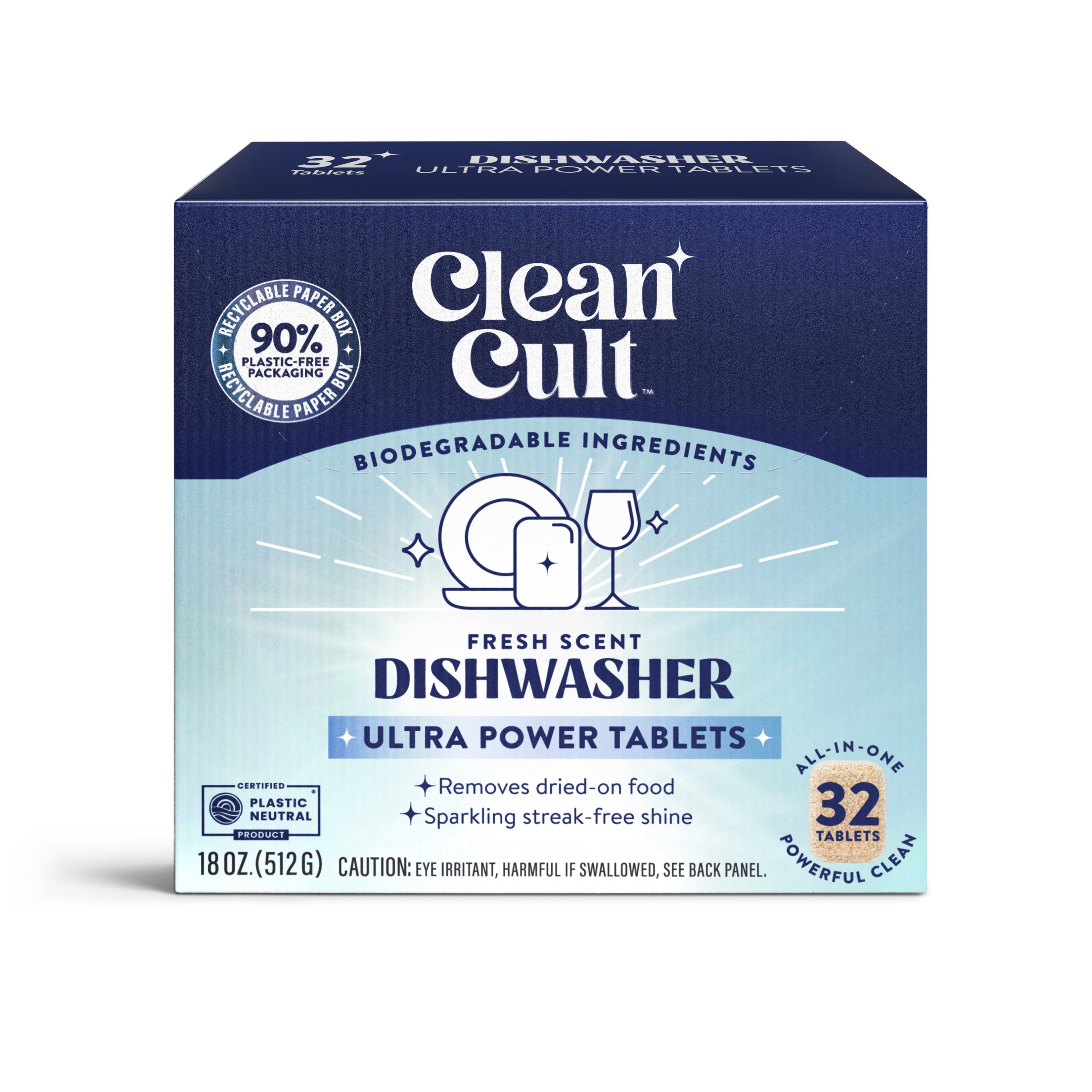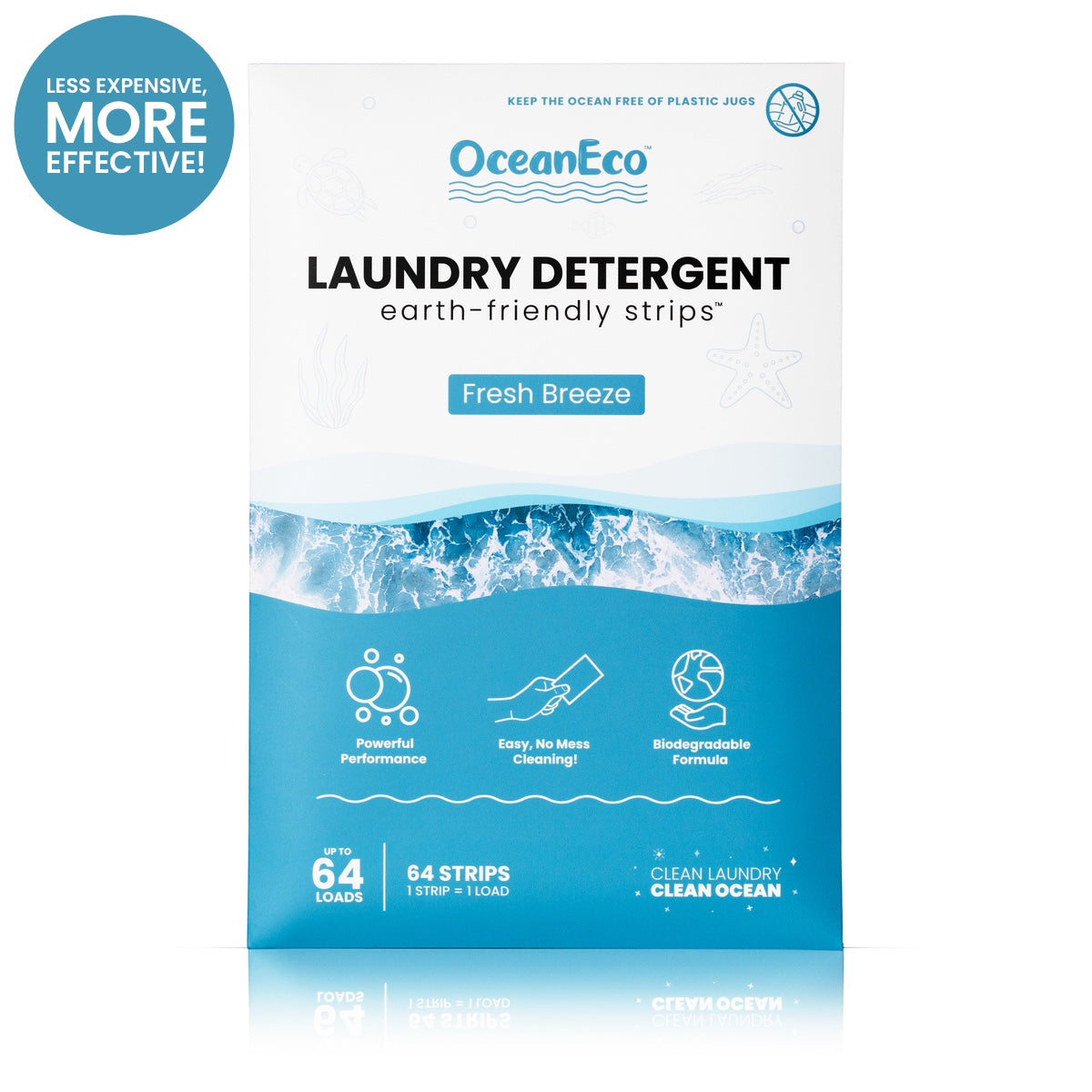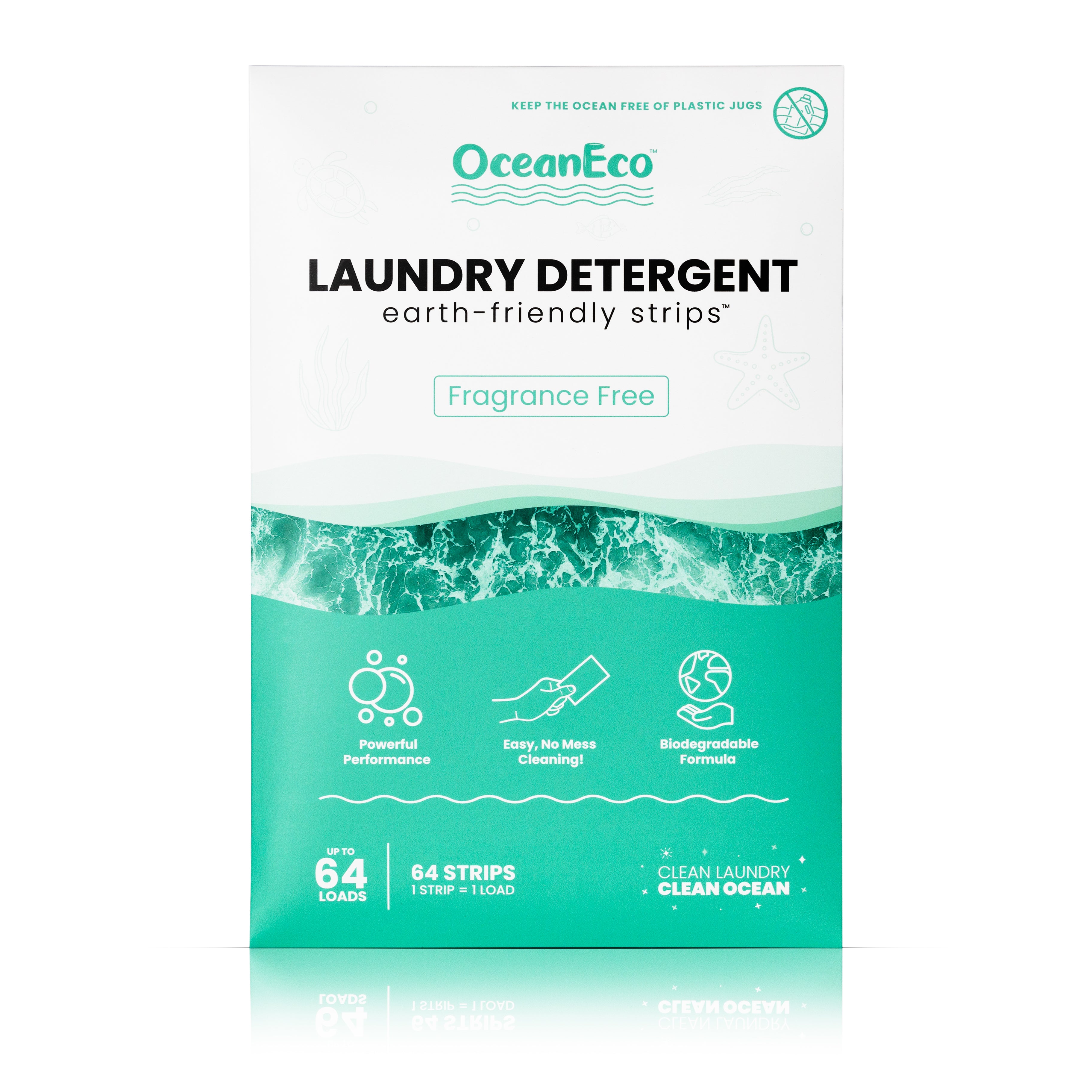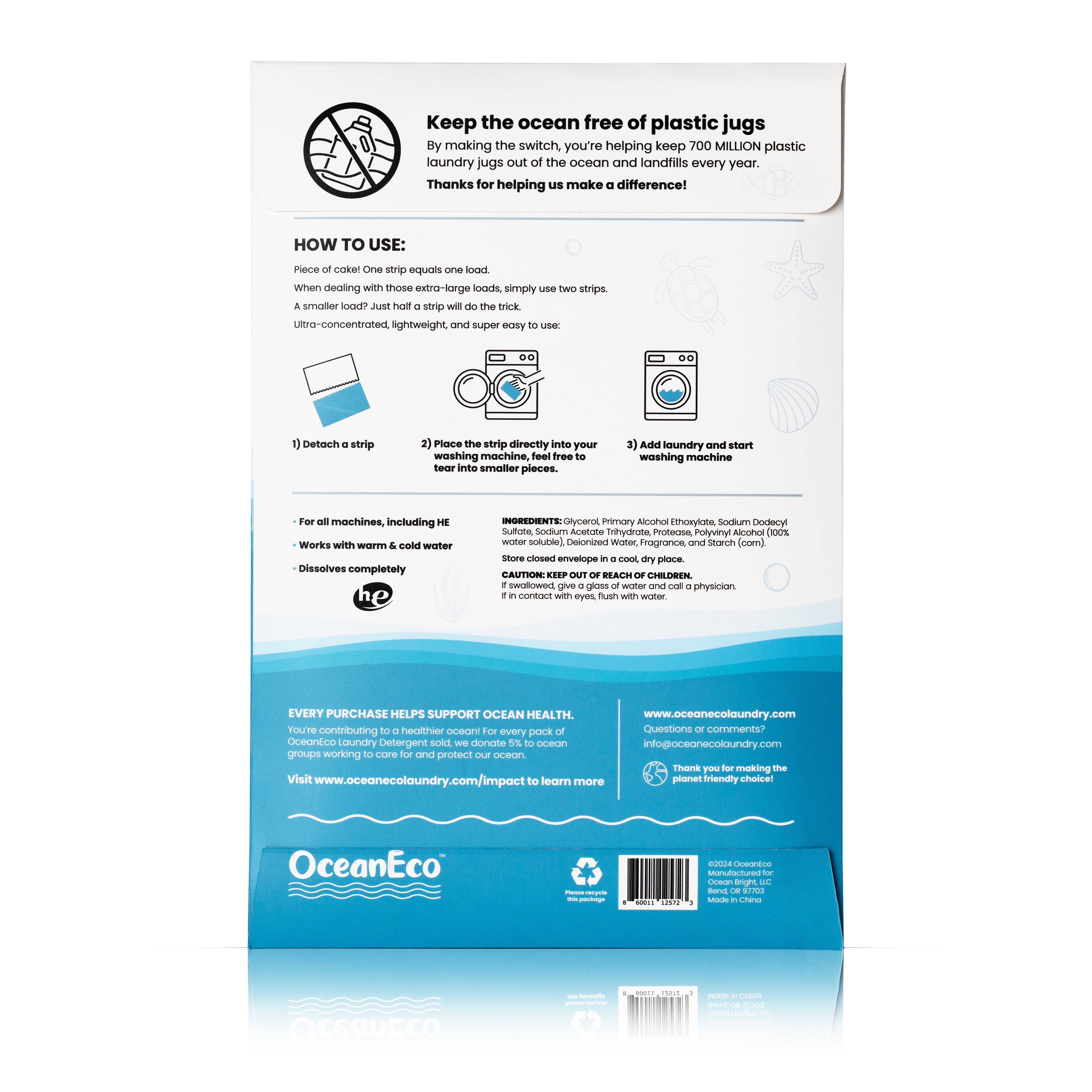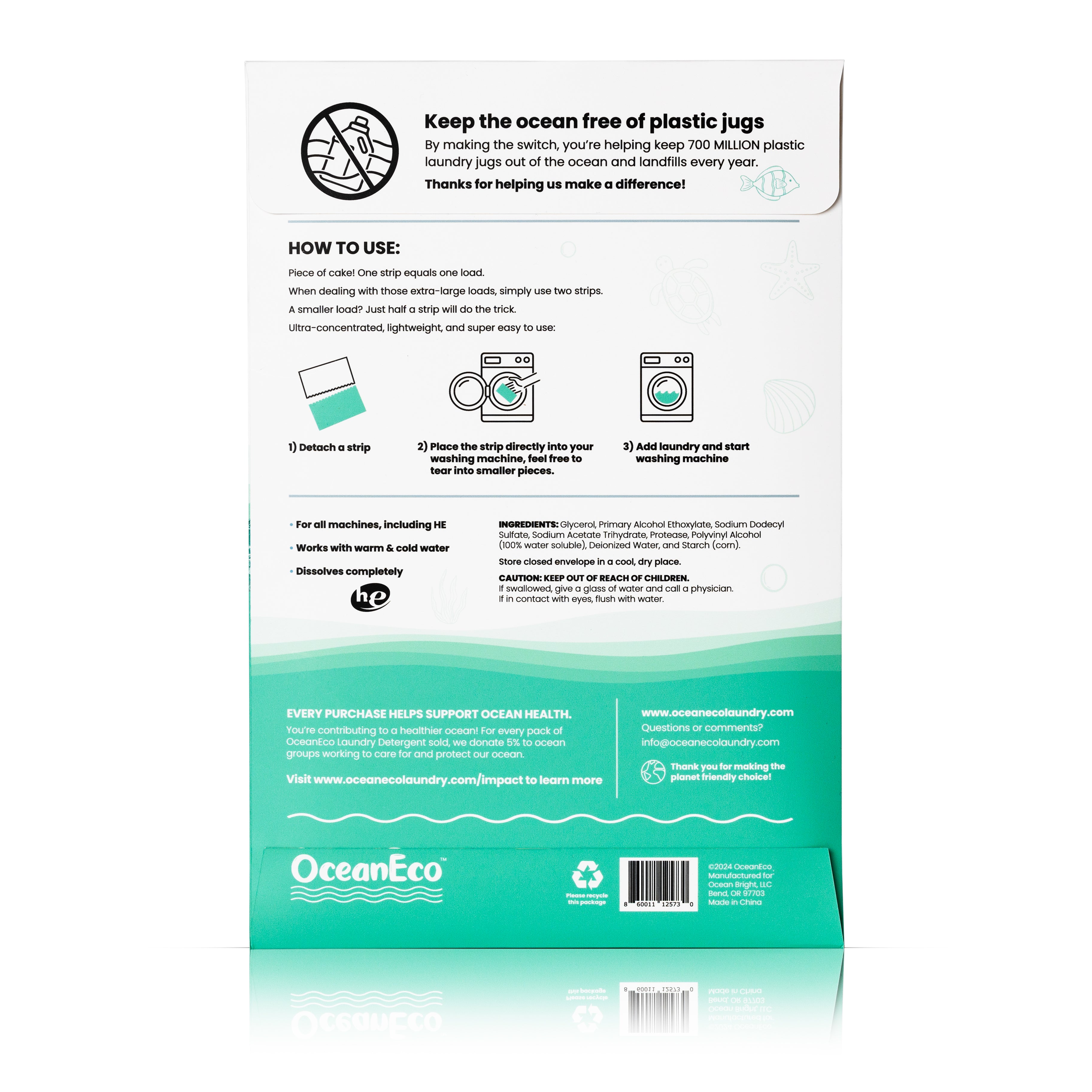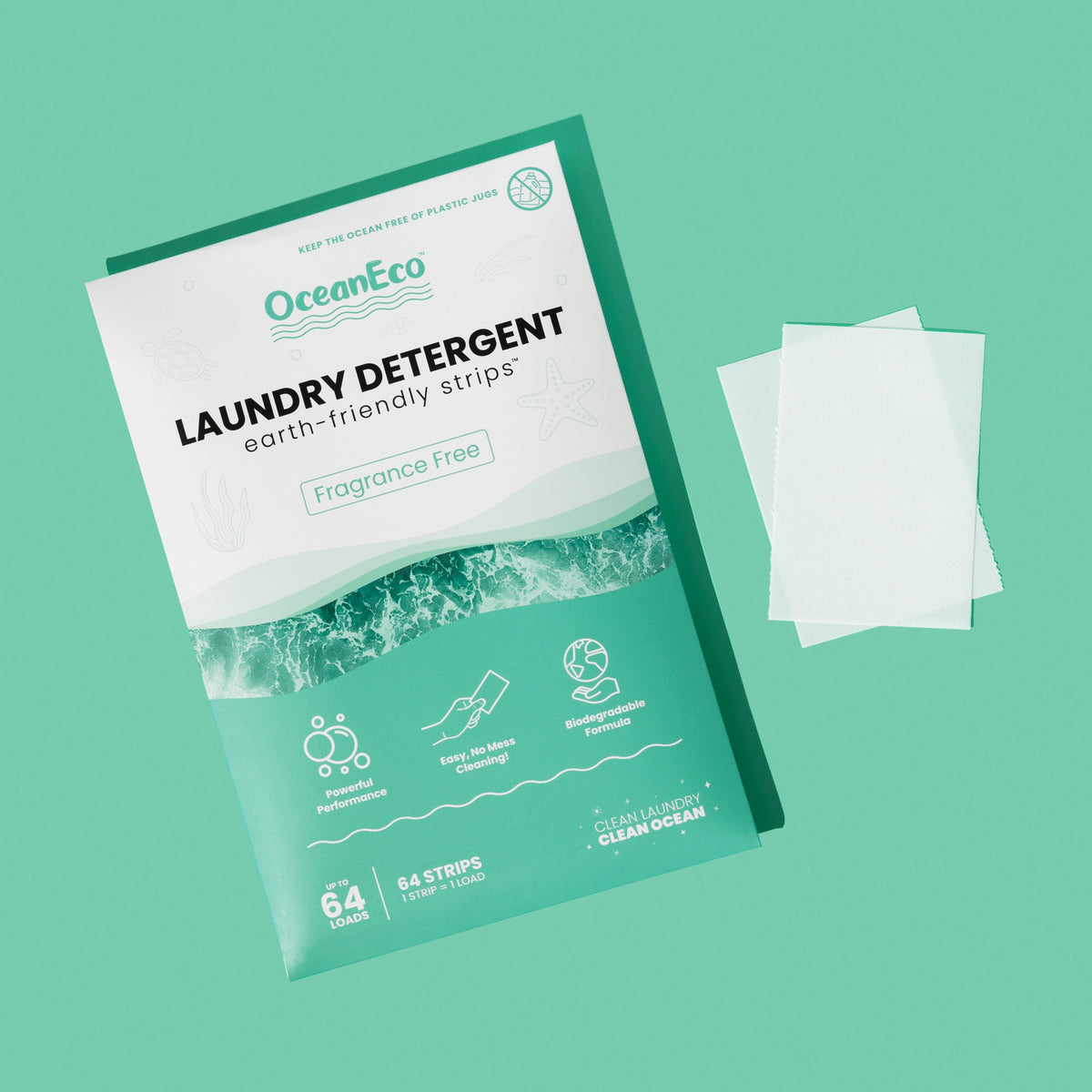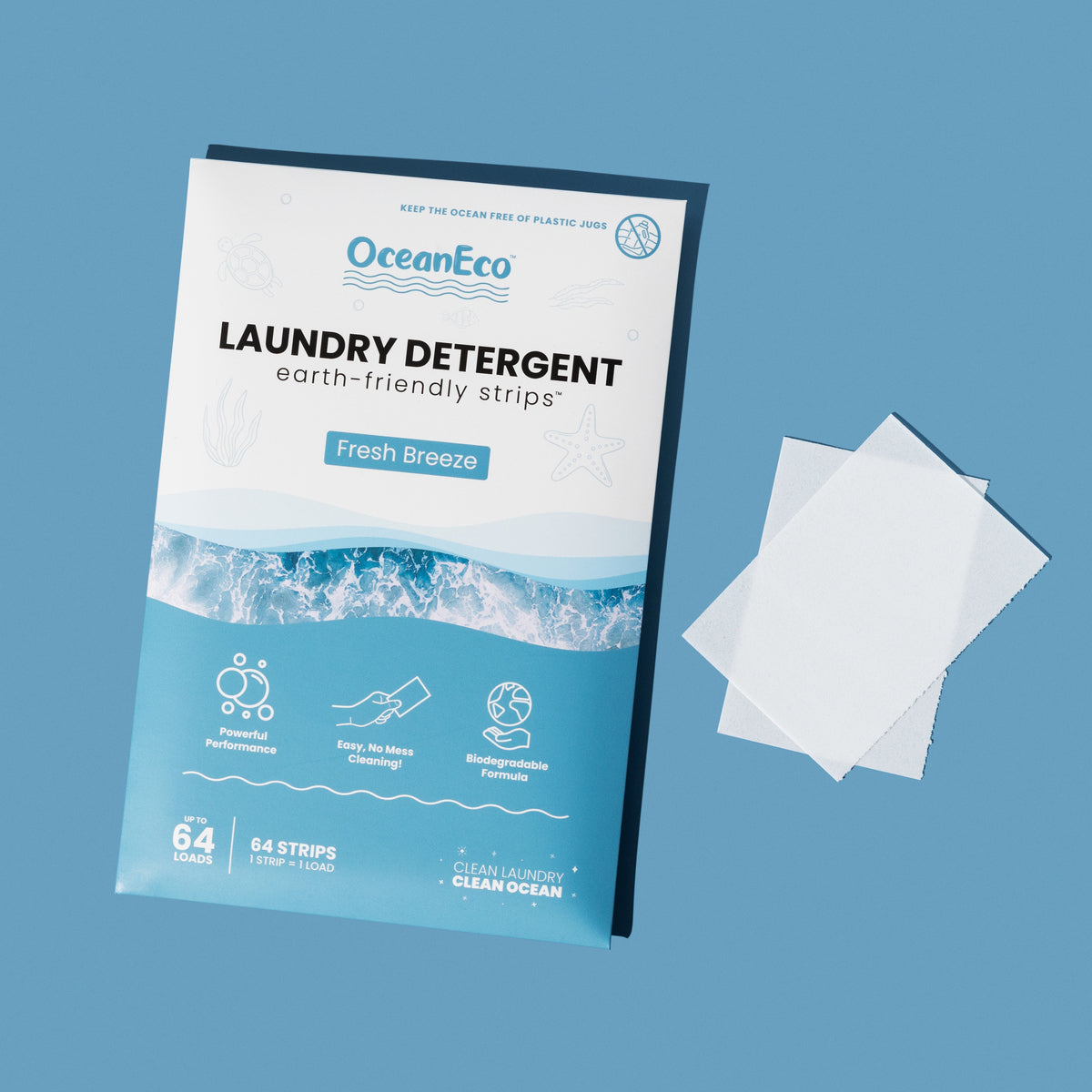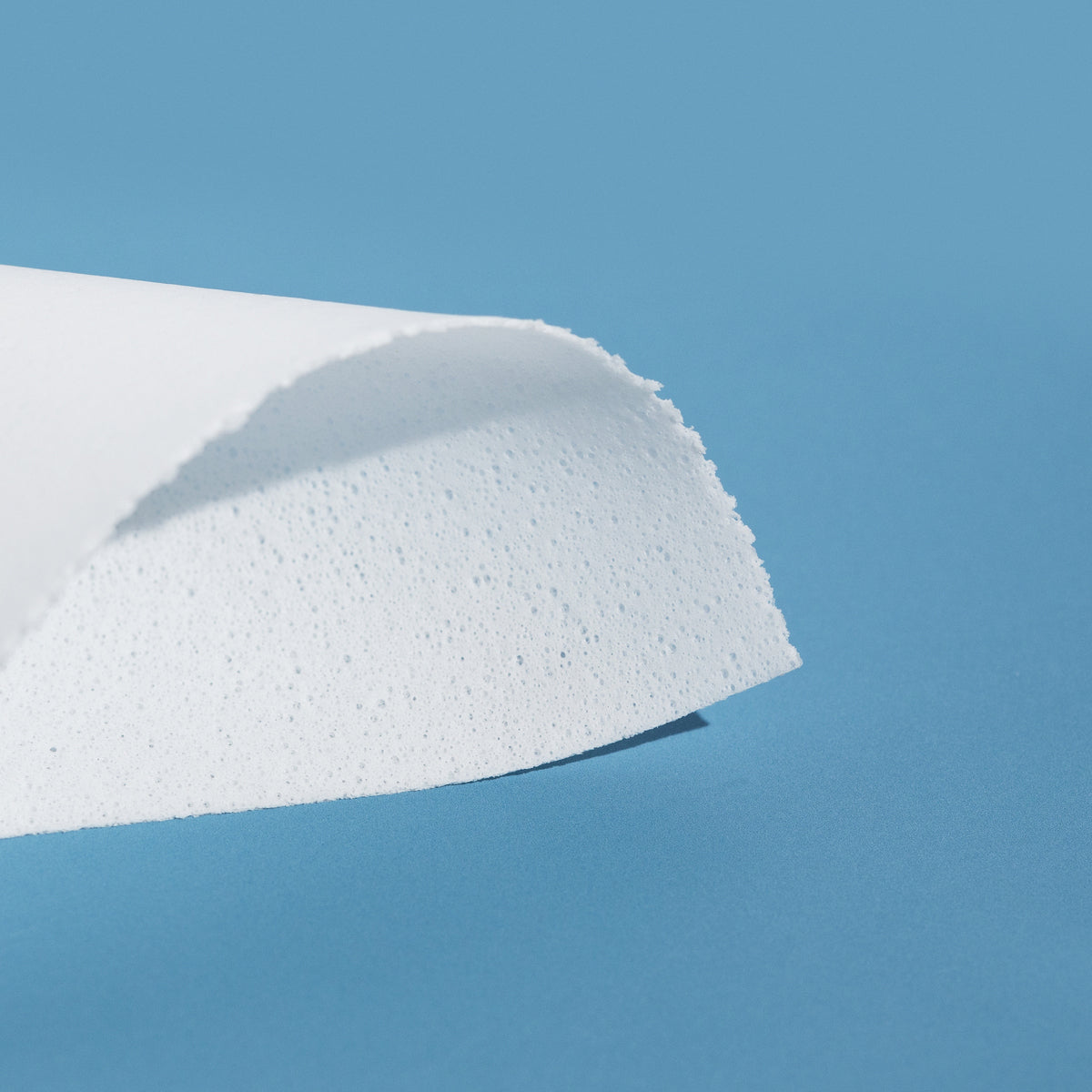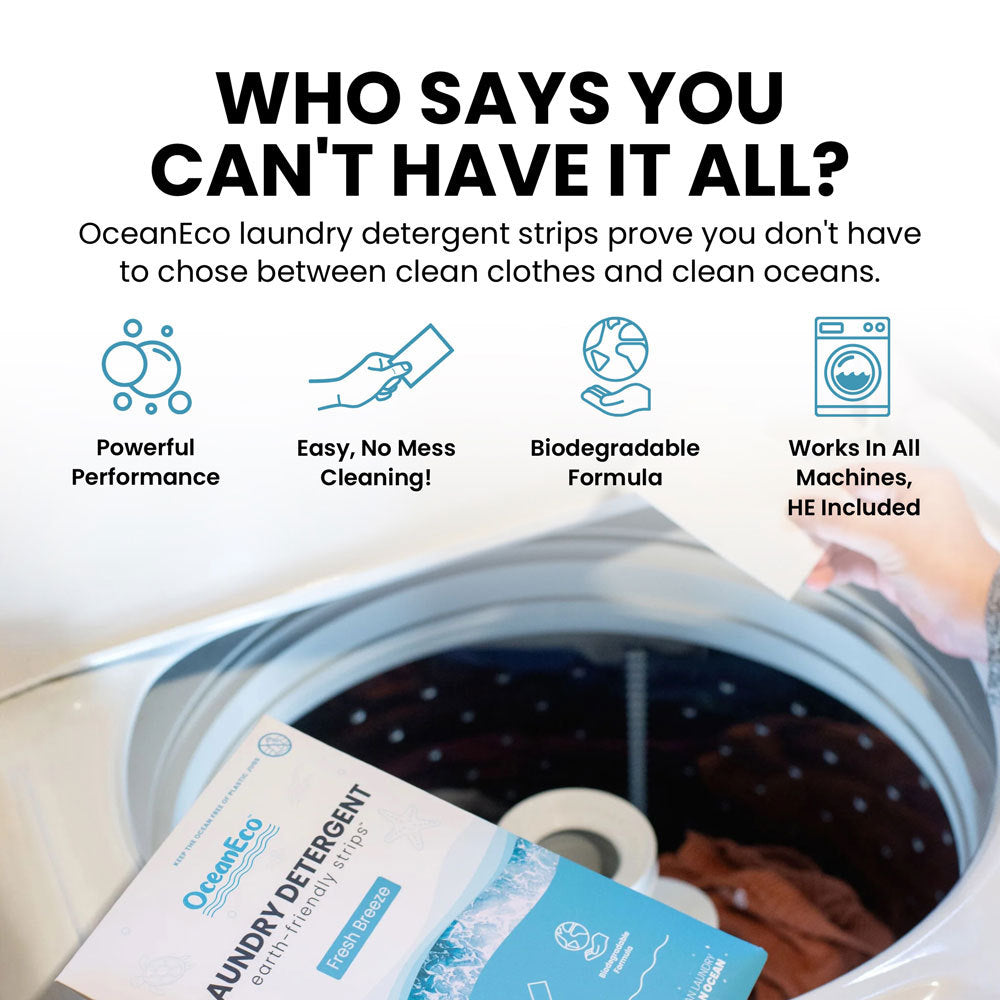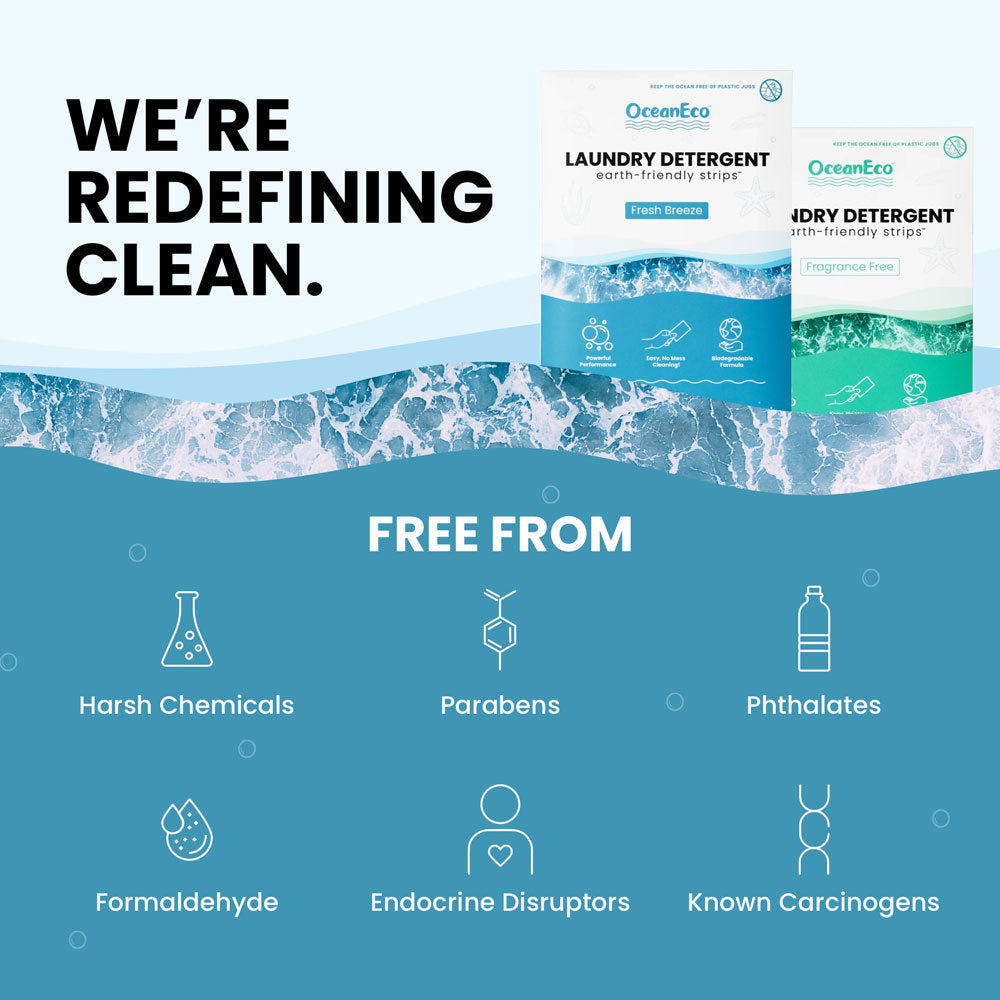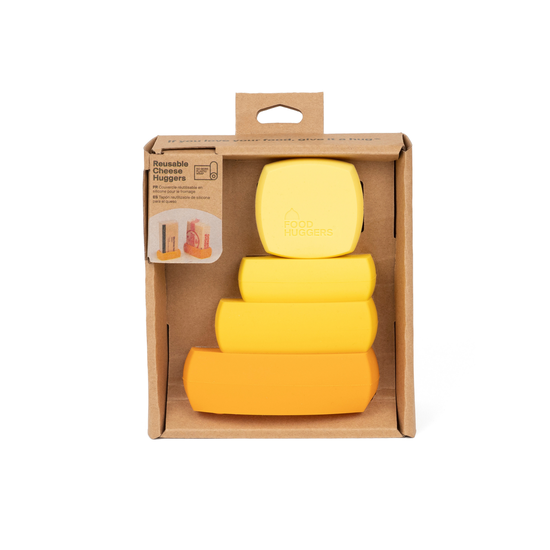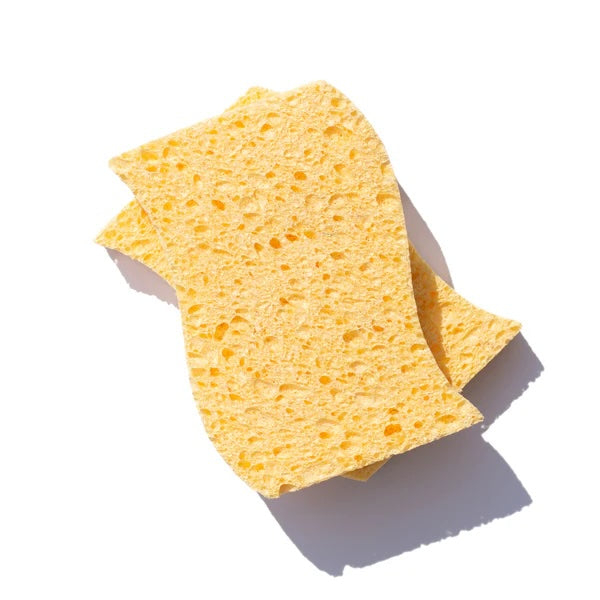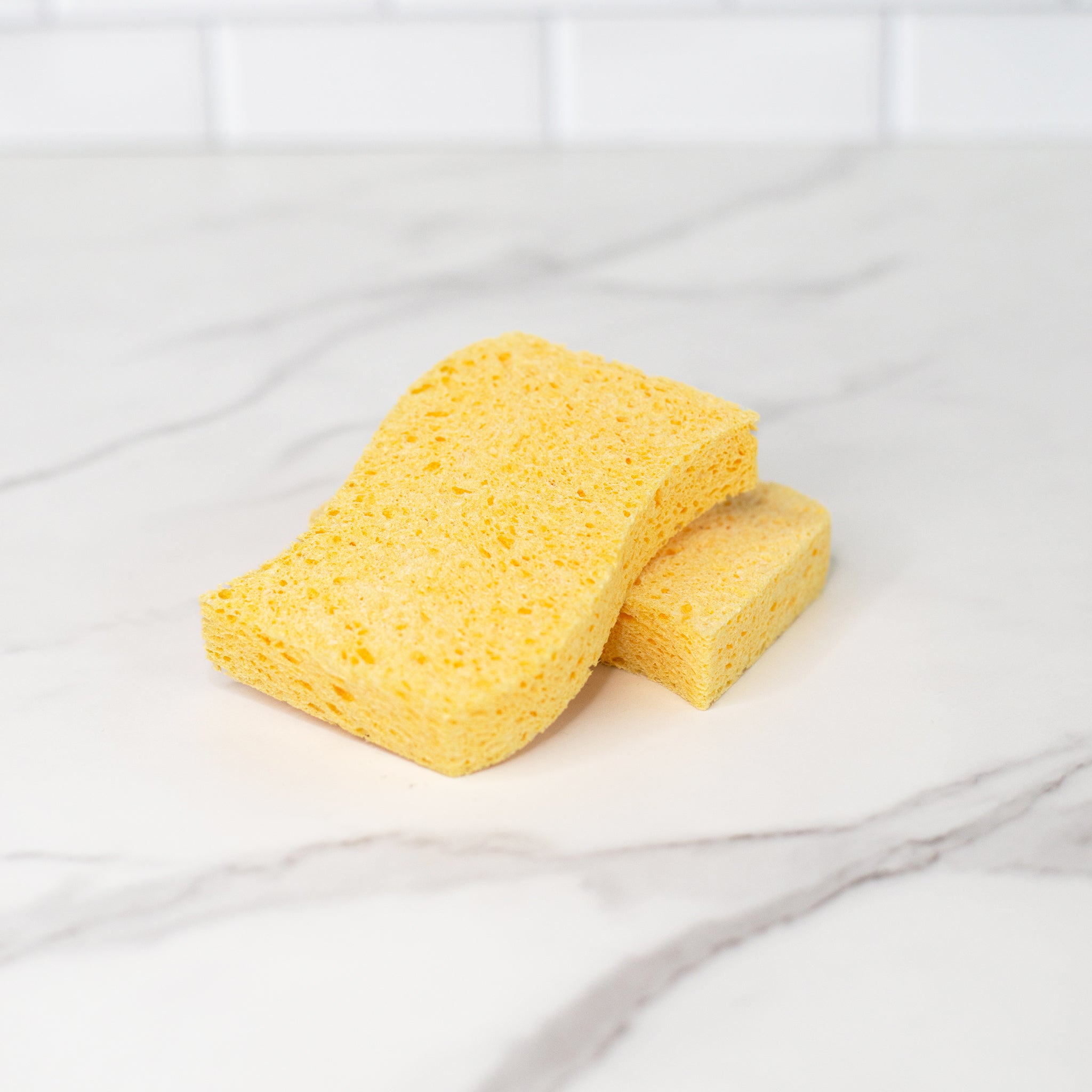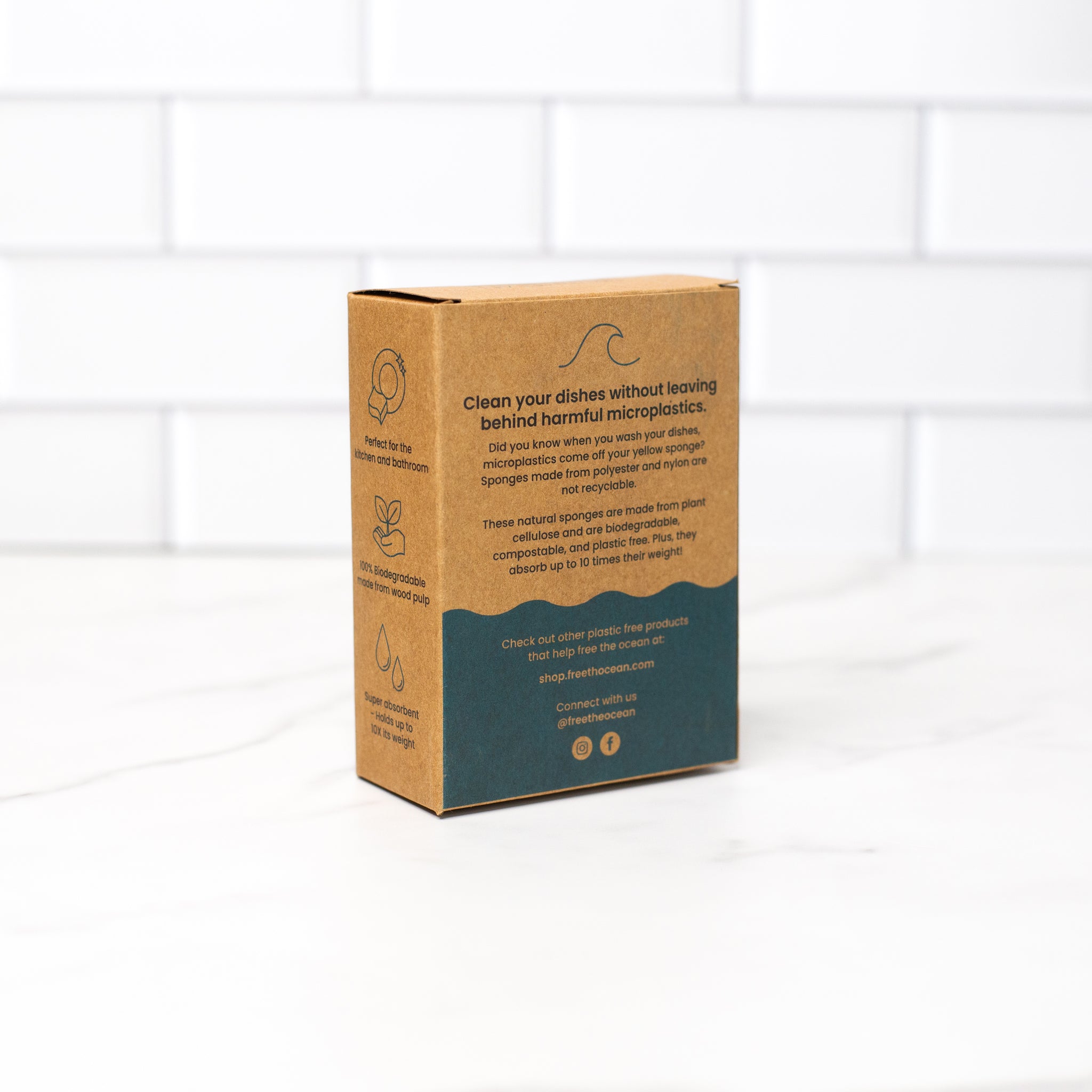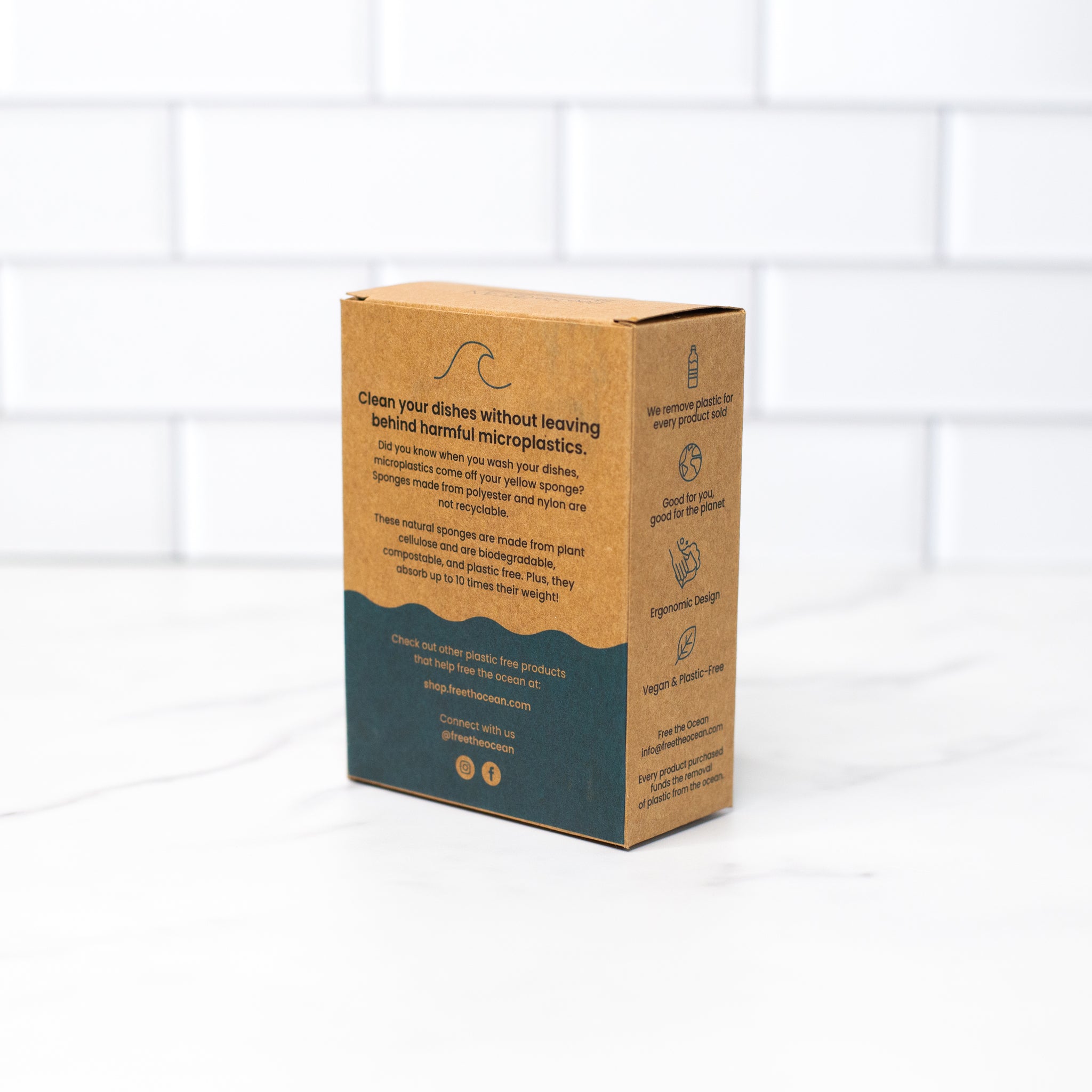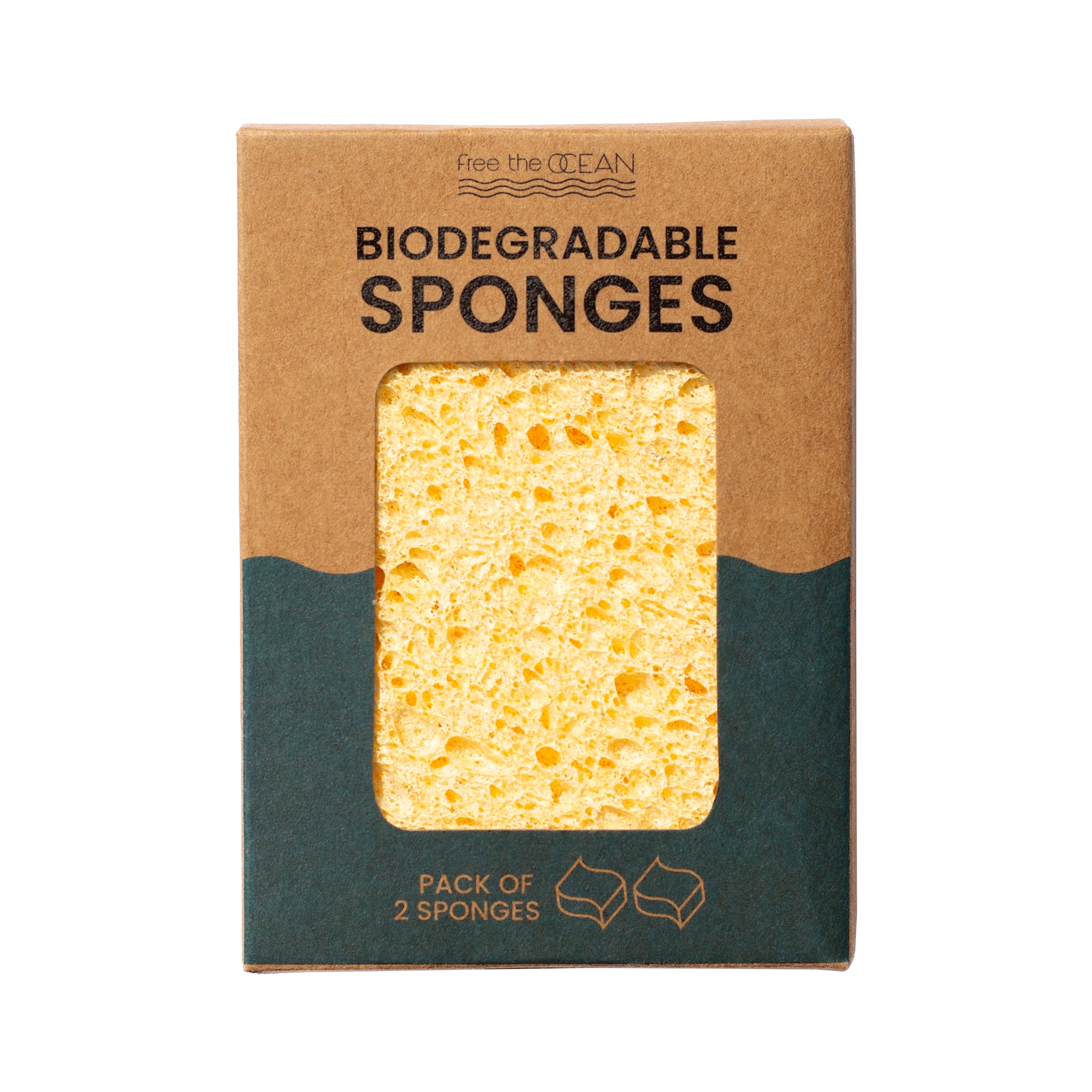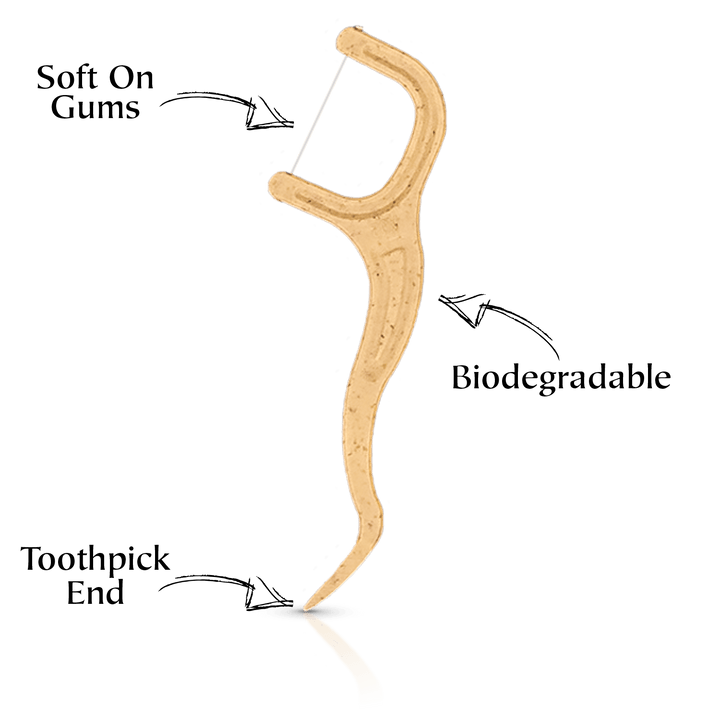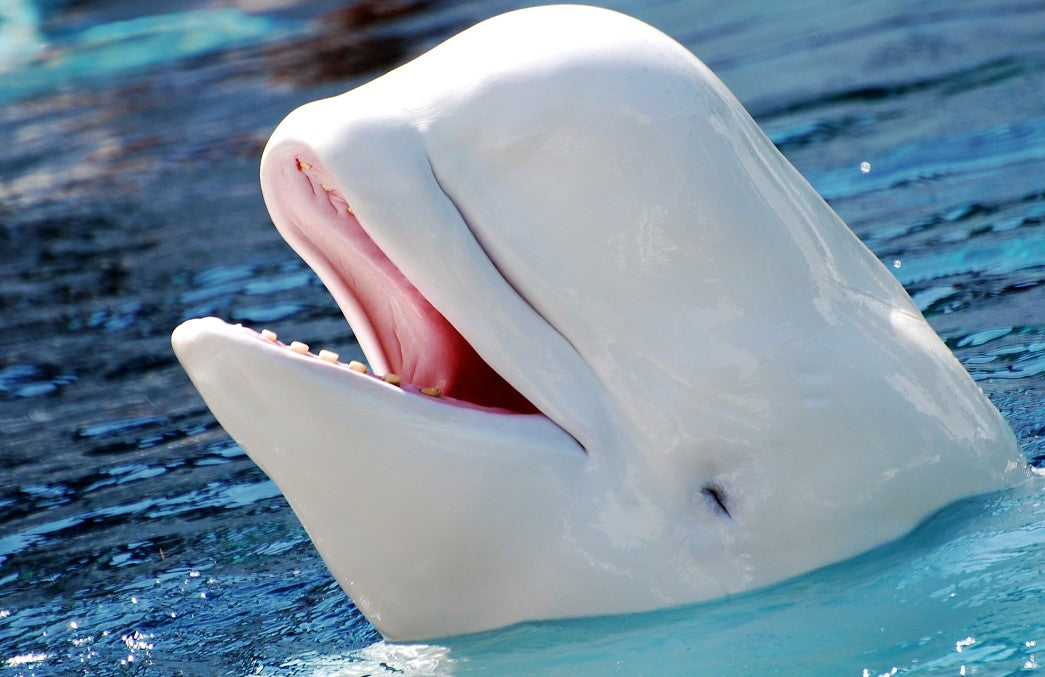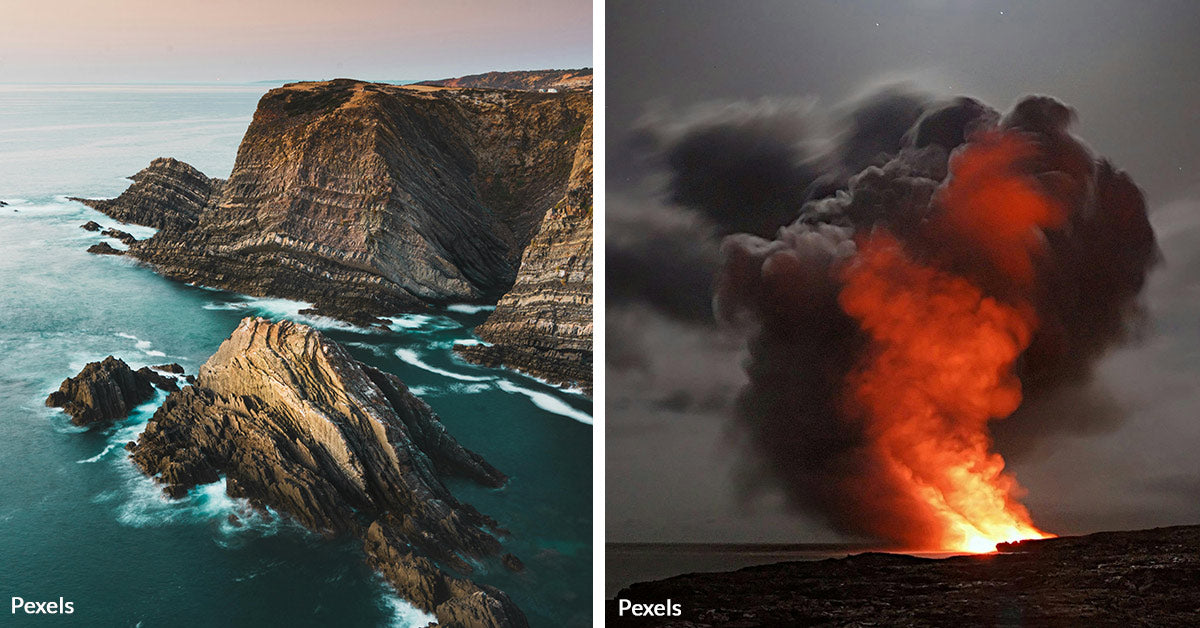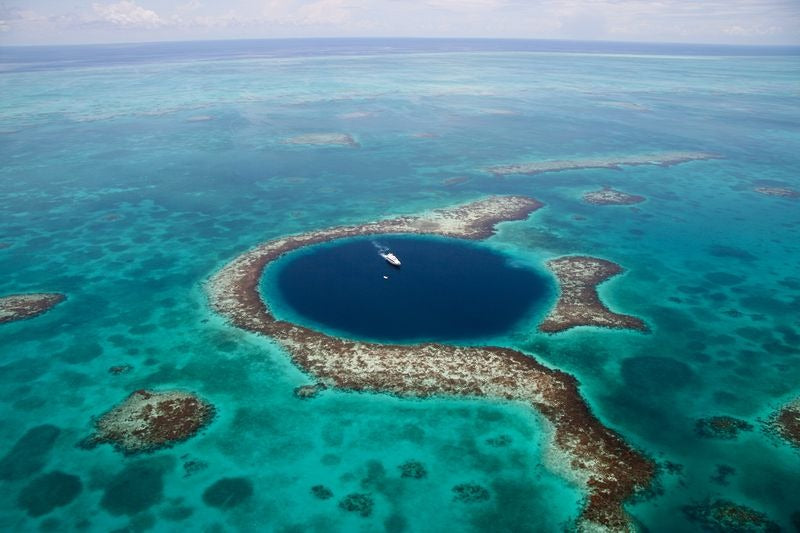How Underwater Noise Pollution Affects Marine Life

Have you heard about a lesser-known issue affecting our oceans: underwater noise pollution? A lot of marine animals rely on sound for navigation, communication, and survival. Sadly, human-induced noise from commercial shipping, seismic surveys, oil exploration, and military sonar messes with these vital behaviors. Let’s explore the challenges faced by marine life due to noise pollution and learn some of the solutions to reduce its impact.
The Struggles of Marine Life Amidst the Ocean's Roar
Ocean noise pollution can make life pretty difficult for marine species. Many of them rely on sound to navigate, locate prey, avoid predators, and communicate with their fellow underwater residents. Unfortunately, human-caused noise—thanks to commercial shipping, seismic surveys, oil exploration, and military sonar—can disrupt these essential behaviors.
In a recent study, scientists found that dolphins had to “shout” to communicate with one another in noisy areas. This made it more difficult for them to cooperate and perform tasks. Sadly, this means that areas with high noise pollution, like major port cities, have seen a decrease in dolphin populations.
Shipping Noise: The Loudest Culprit
Ships are the biggest source of human-caused noise in the ocean. Shipping noise has doubled every decade since the 1960s, and this trend has been observed even in the most remote areas of the world, like the Arctic. The increase in noise levels affects not only marine life but also Indigenous peoples who depend on marine mammals for food and cultural practices.
The Silver Lining: Quieter Waters and Happier Marine Life
There have been moments in history when shipping noise has decreased, showing how much marine animals can benefit from quieter waters. For example, after the 9/11 attacks and during the COVID-19 pandemic, reduced ship traffic led to a decrease in underwater noise, which resulted in less stressed whales and orcas venturing closer to shore.
Solutions: What Can We Do to Help?
There are numerous ways to combat underwater noise pollution. Ships can be designed, maintained, and operated in a manner that reduces noise. Incentives for using noise-reducing technologies can also be effective, such as the Port of Vancouver offering discounts on harbor fees for quieter vessels. Additionally, routing measures and closures can help protect certain regions from noise disturbance.
The Need for Regulation and Industry-Wide Action
While there are tools and solutions available to mitigate underwater noise pollution, regulation is necessary to ensure their widespread adoption. Organizations are advocating for the implementation of guidelines and mandatory measures to protect marine life from the harmful effects of ocean noise pollution.
It’s important for all of us to be aware of these hidden challenges our ocean friends face and support efforts to reduce this unseen menace. By promoting awareness, advocating for regulation, and encouraging innovative solutions, we can make a positive difference for marine ecosystems and all the incredible creatures that depend on them. Let’s work together to give our oceans—and their inhabitants—a brighter, quieter future!
Photo credit: OceanCare


























































































